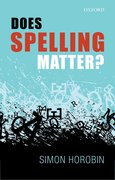In the cattle world Part 2: Mostly bucks and bulls
The buck stops nowhere: it has conquered nearly all of Eurasia. The Modern English word refers to the stag. At one time, it was a synonym of he-goat, or Billy goat. But Old Engl. buc “stag” seems to have coexisted with bucca “Billy goat.” Perhaps later they merged. German Bock is a rather general designation of “male animal,” such as “ram” (or “wether”; wether is a nearly forgotten word, though still recognizable in bellwether), “stag,” and others; it is a common second element of compounds like Schafbock (Schaf “sheep”).




